Your cart is currently empty!
Tag: PestControl
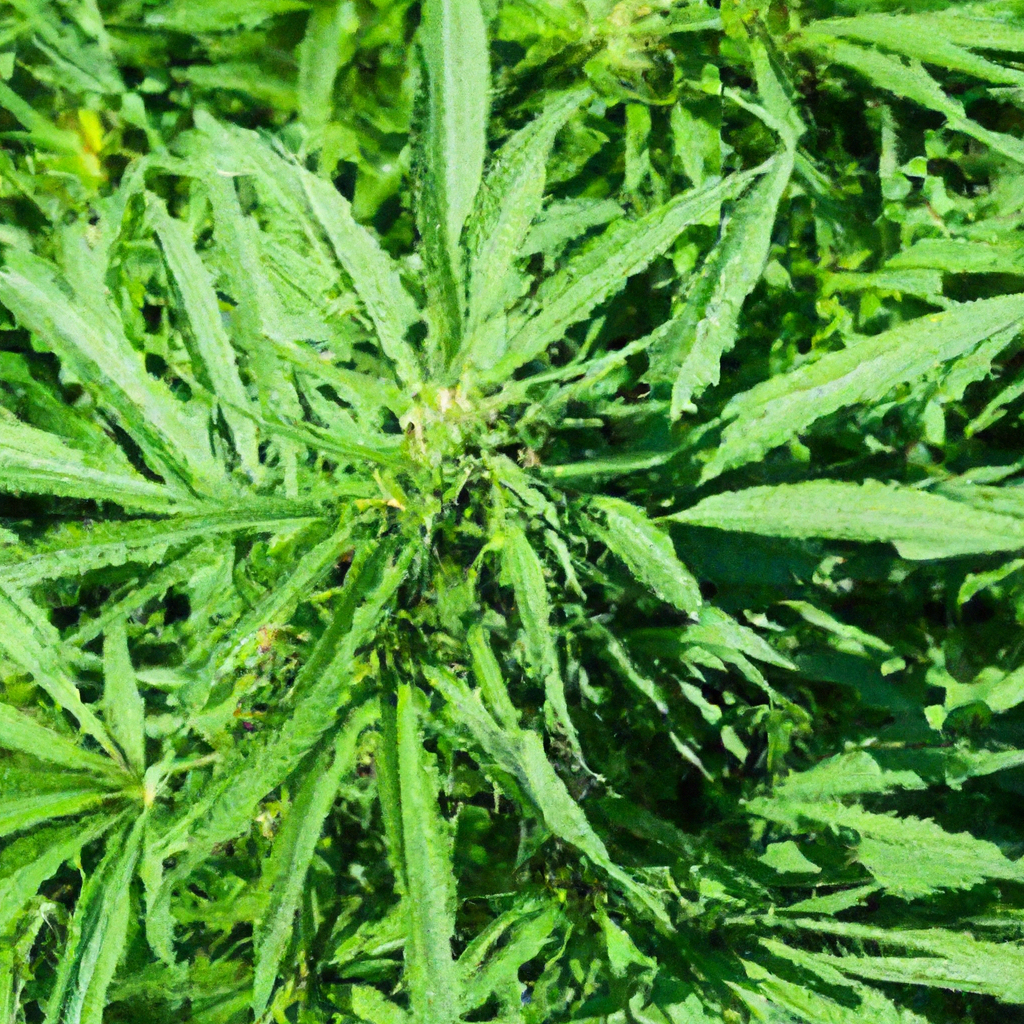
The rise of organic cannabis cultivation represents a shift towards sustainable and eco-friendly growing practices, meeting the increasing demand for environmentally responsible products. This guide explores essential practices, including building a thriving soil ecosystem through composting and cover crops, using natural fertilizers like worm castings and fish emulsion, and employing organic pest control methods such…
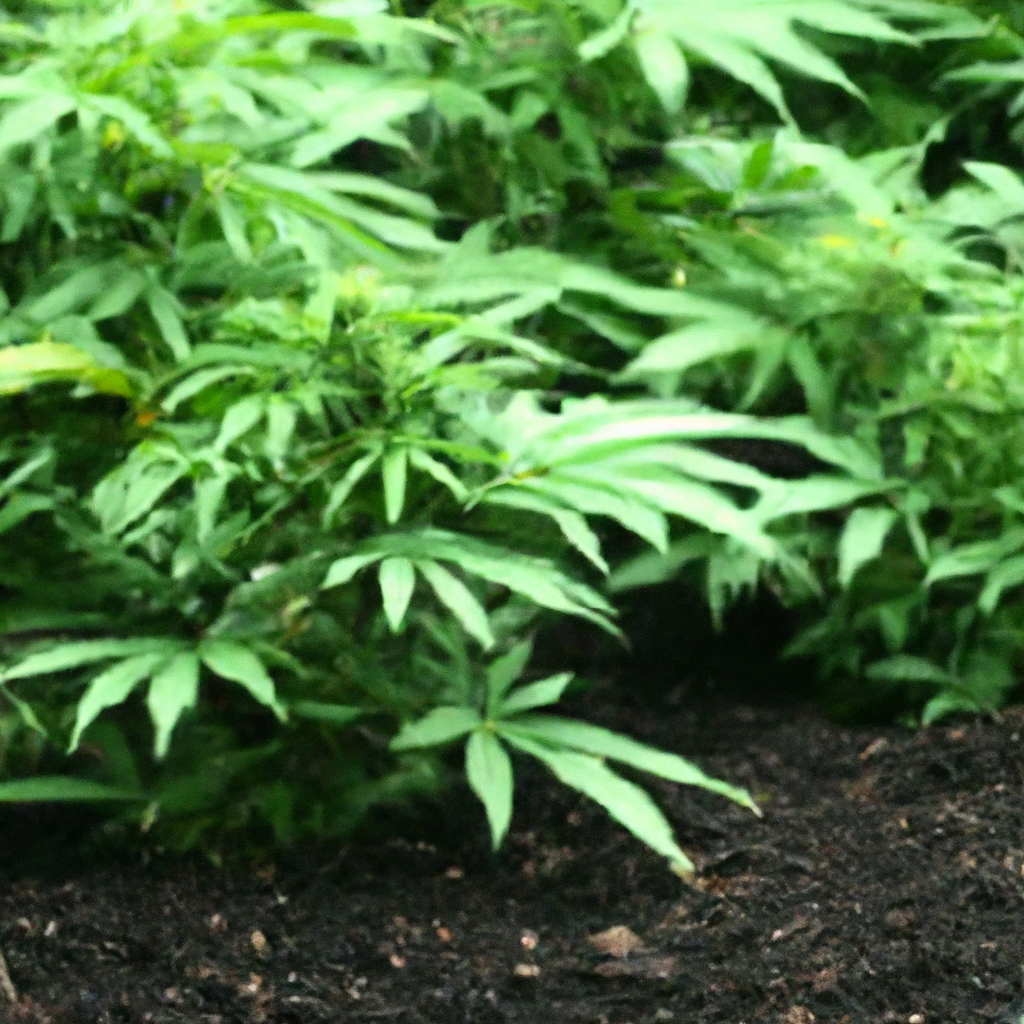
Discover the benefits and best practices of organic cannabis cultivation, emphasizing natural fertilizers, compost, and holistic pest control. Focus on building rich soil ecosystems without synthetic chemicals to enhance plant health and support the environment. Learn about composting, beneficial microbes, and natural fertilizers like fish emulsion and bone meal. Explore sustainable pest control methods such…
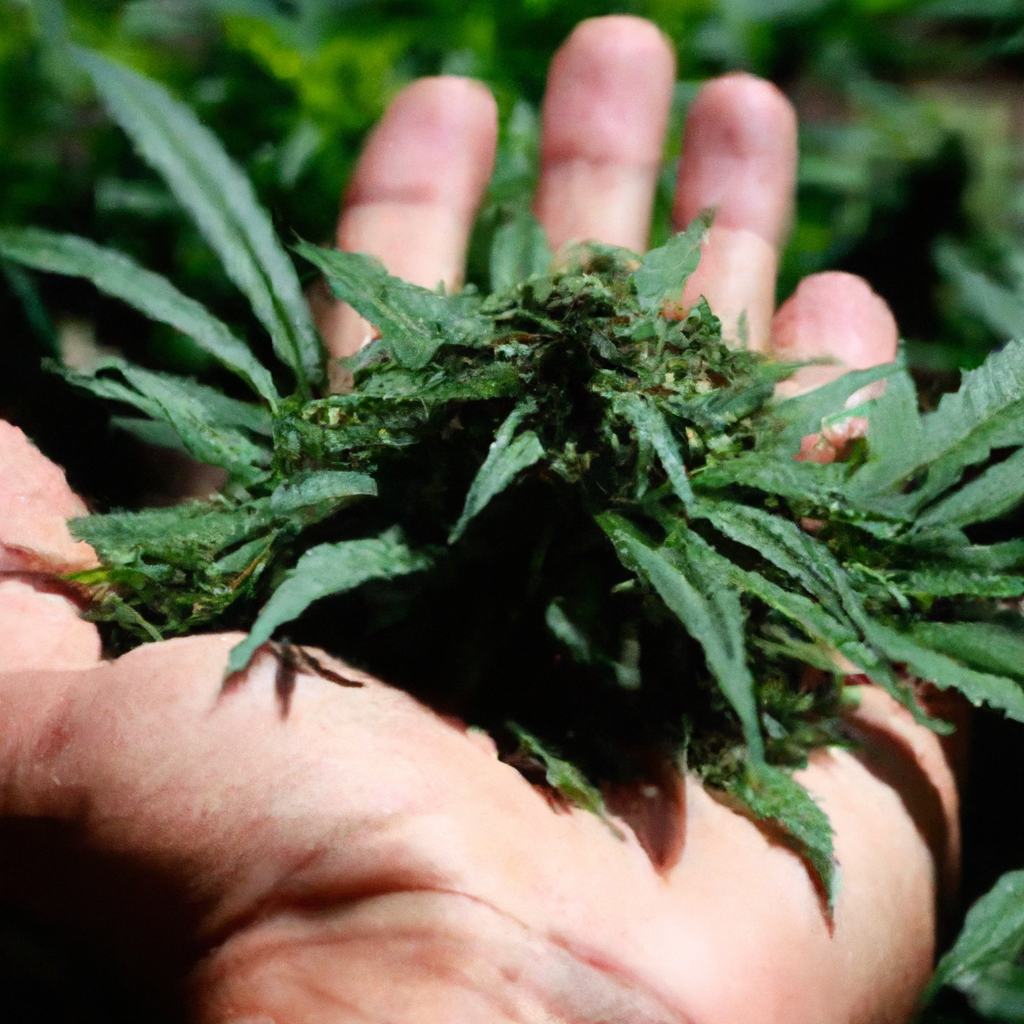
In the world of cannabis cultivation, organic methods preserve the environment while nurturing plants. By using natural fertilizers, composting, and sustainable pest control, growers promote healthier plants and benefit the environment. Key practices include building a living soil ecosystem, opting for natural fertilizers like bone meal and seaweed extracts, and employing sustainable pest control techniques…
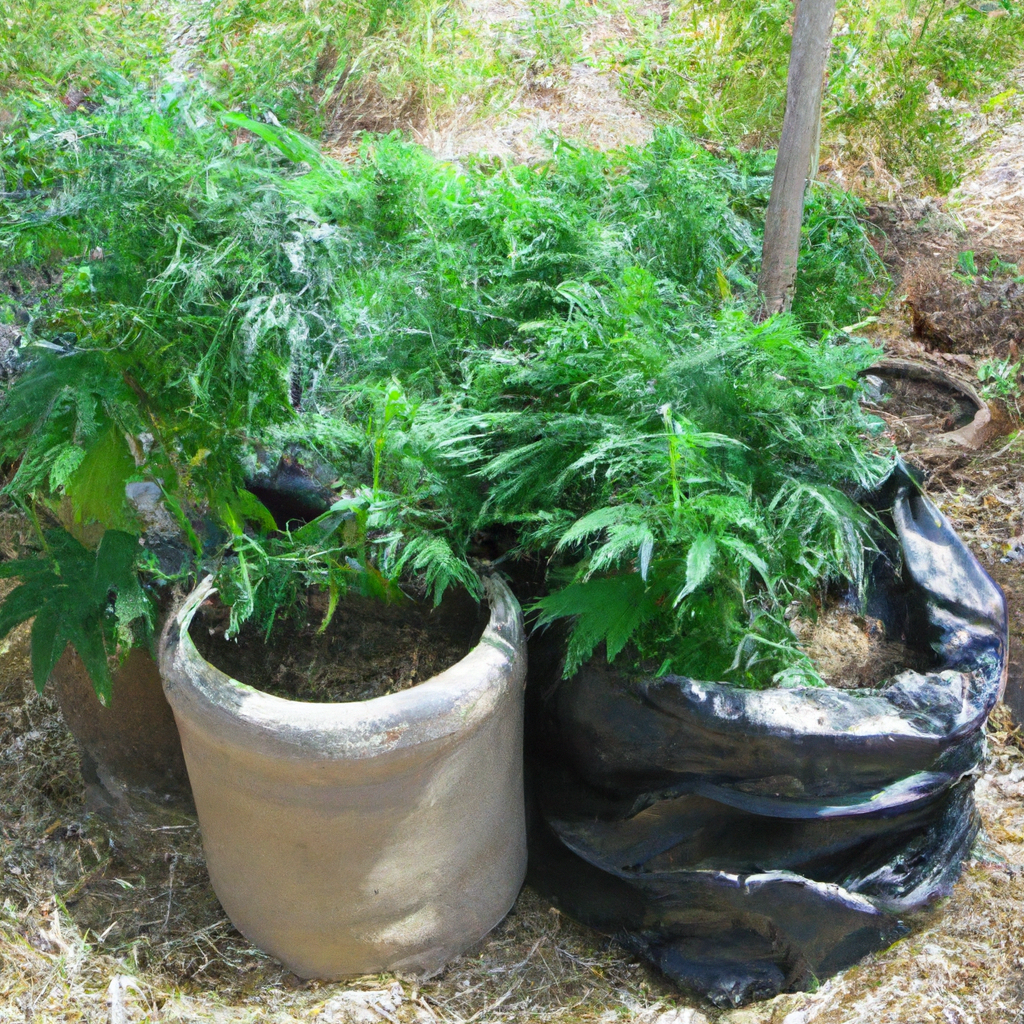
Organic cannabis cultivation emphasizes environmental stewardship and sustainability by using natural fertilizers and pest control methods. Key practices include building healthy soil through composting, mulching, and crop rotation, as well as using natural fertilizers like fish emulsion, bone meal, and kelp meal to nourish plants without environmental harm. Effective pest control involves maintaining a diverse…
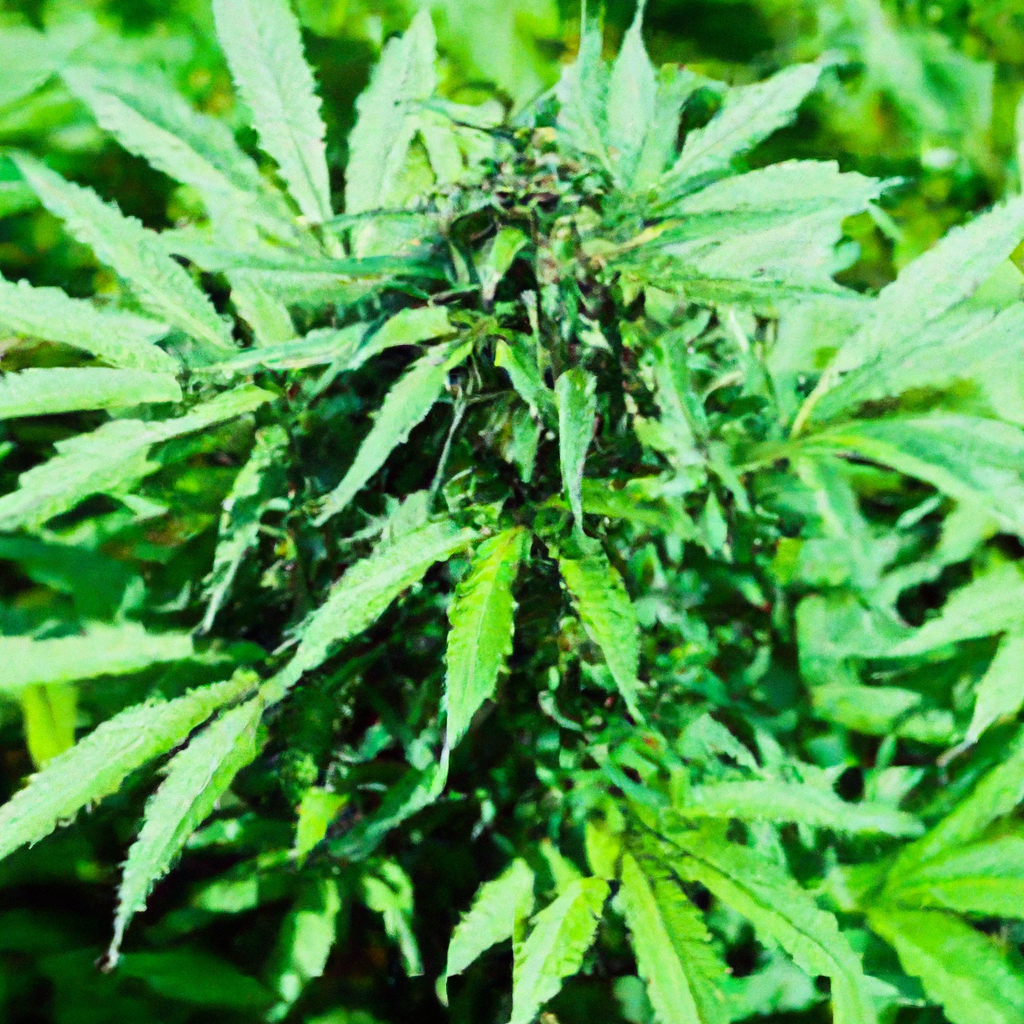
Discover the benefits of organic cannabis cultivation with tips on using natural fertilizers, composting, and eco-friendly pest control to enhance plant growth and sustainability. By fostering healthy soil ecosystems, applying natural nutrients, and employing organic pest management methods, you can grow robust cannabis plants while supporting environmental health. Embrace these practices to improve product quality…
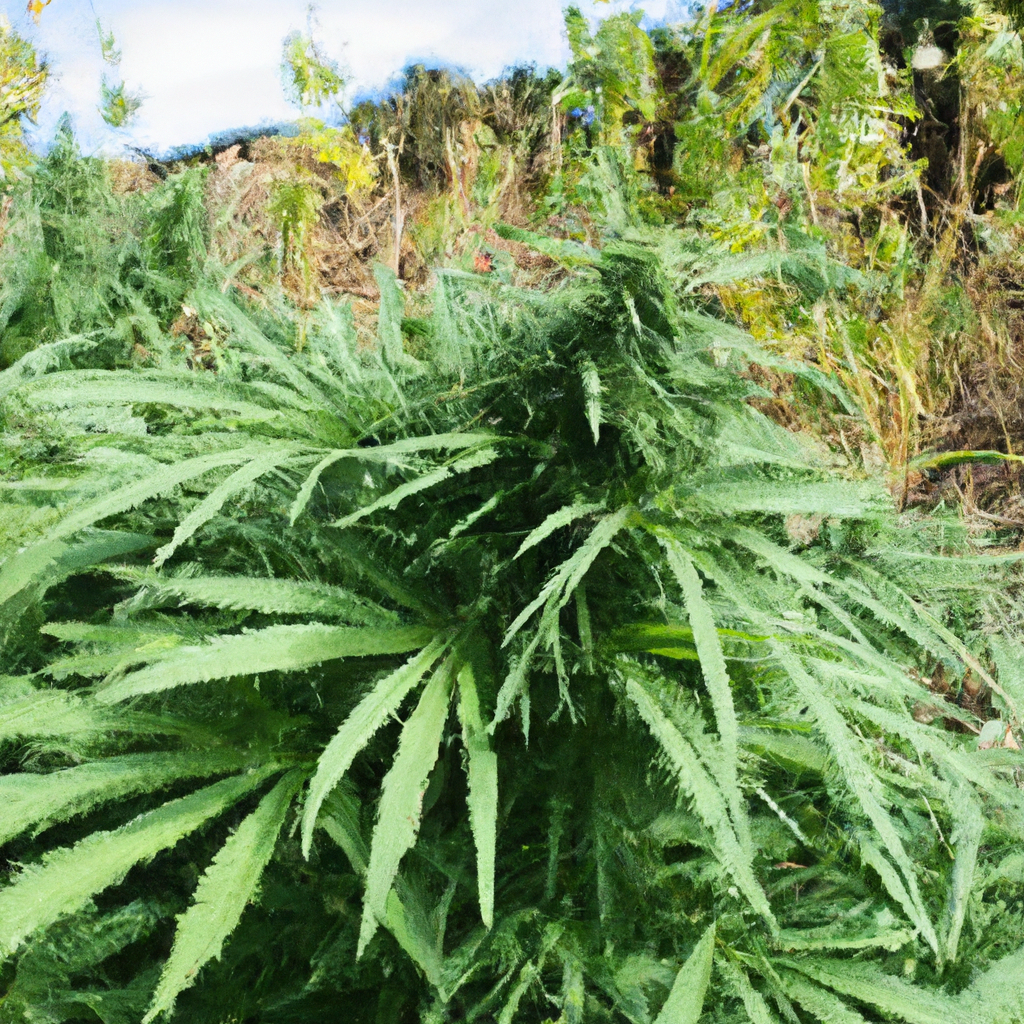
Organic cannabis cultivation champions sustainable agriculture and environmental health, offering benefits to both the planet and consumers. Emphasizing natural methods, it involves building a healthy soil ecosystem through composting, cover crops, and mulching. Natural fertilizers like bone meal and kelp meal nourish plants without ecological harm, while sustainable pest control employs beneficial insects and companion…
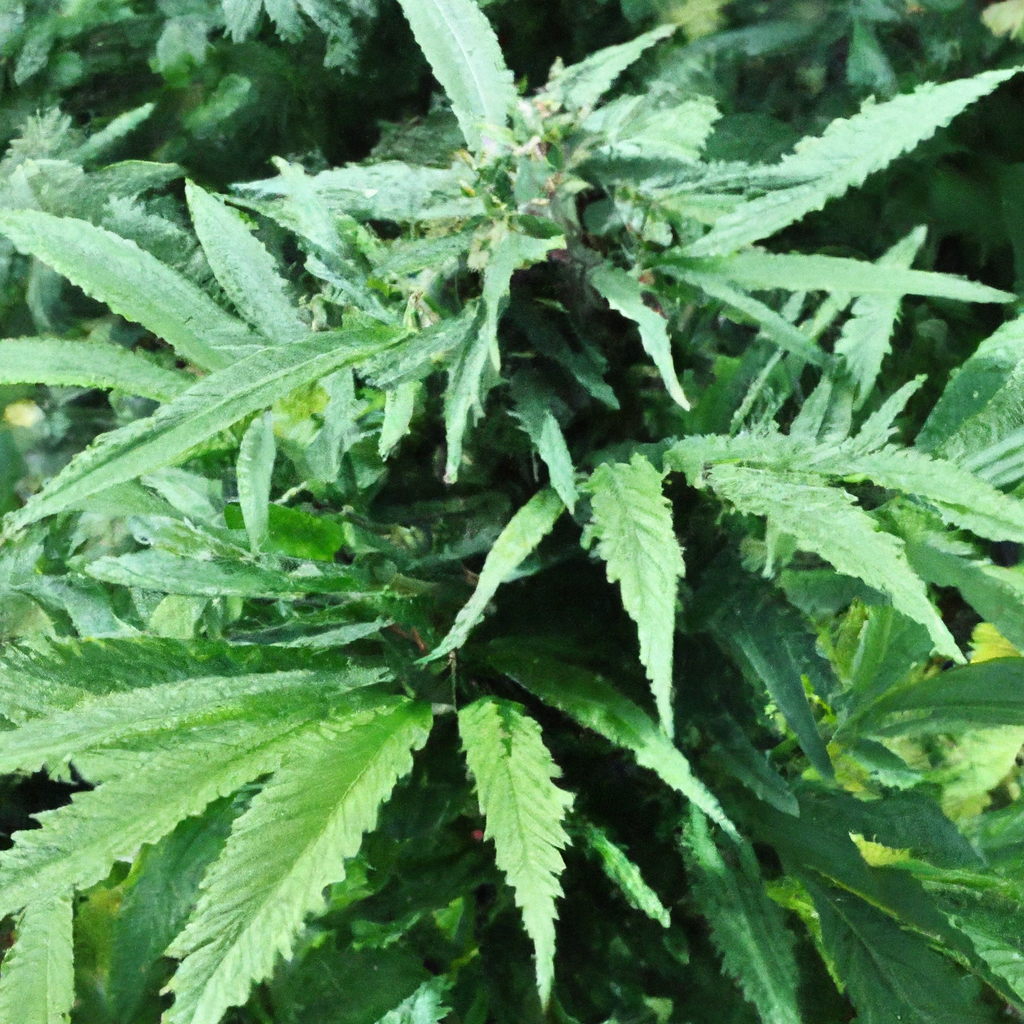
In an era where sustainability is essential, organic cannabis cultivation is a vital progression rather than just a trend. This approach emphasizes nurturing a living ecosystem, leading to healthier plants and superior yields. Key aspects include developing rich soil ecosystems through composting, beneficial microbes, and mulching; utilizing natural fertilizers like fish emulsion and bone meal;…
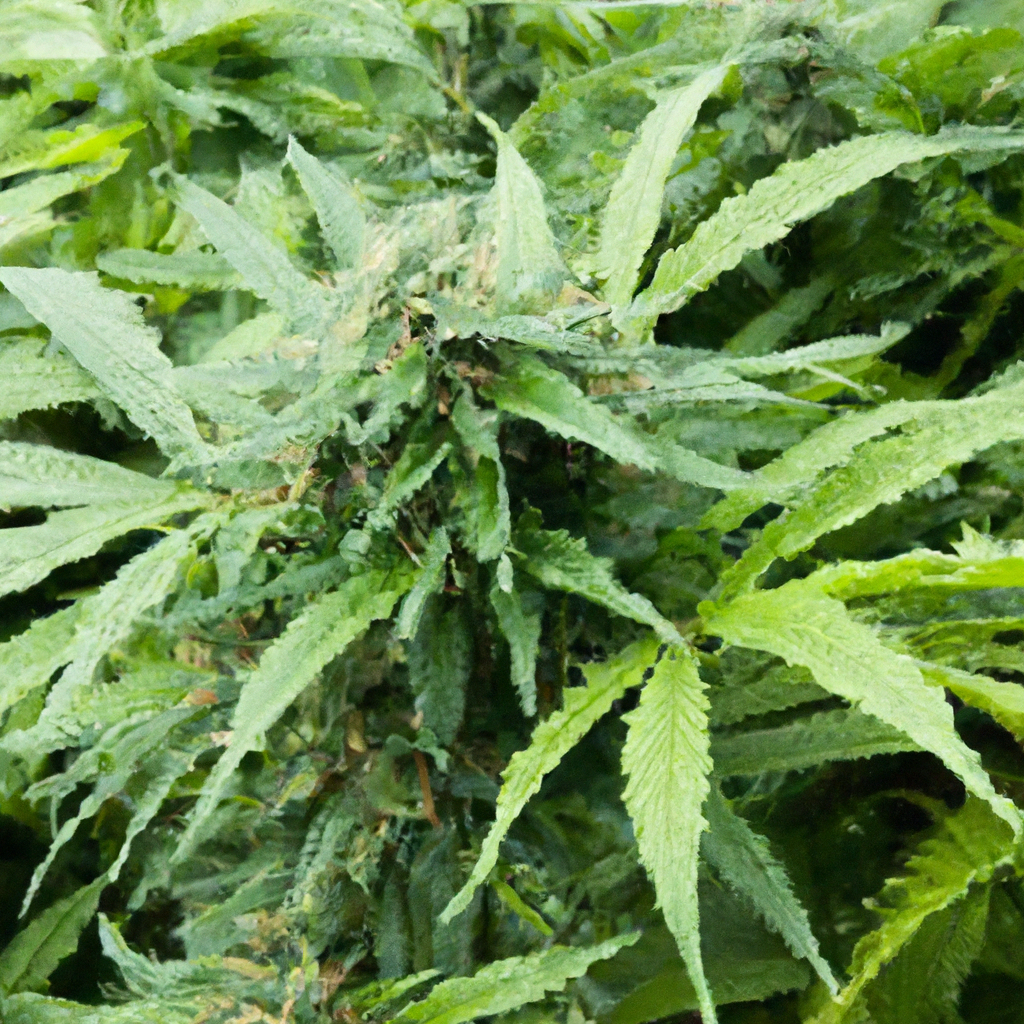
As more growers adopt sustainable methods, organic cannabis cultivation emphasizes natural fertilizers, composting, and biological pest control for both environmental sustainability and quality yields. Key practices include building healthy soil ecosystems with composting and beneficial microbes, using natural fertilizers like animal manure and plant-based options, and managing pests through natural means such as companion planting…
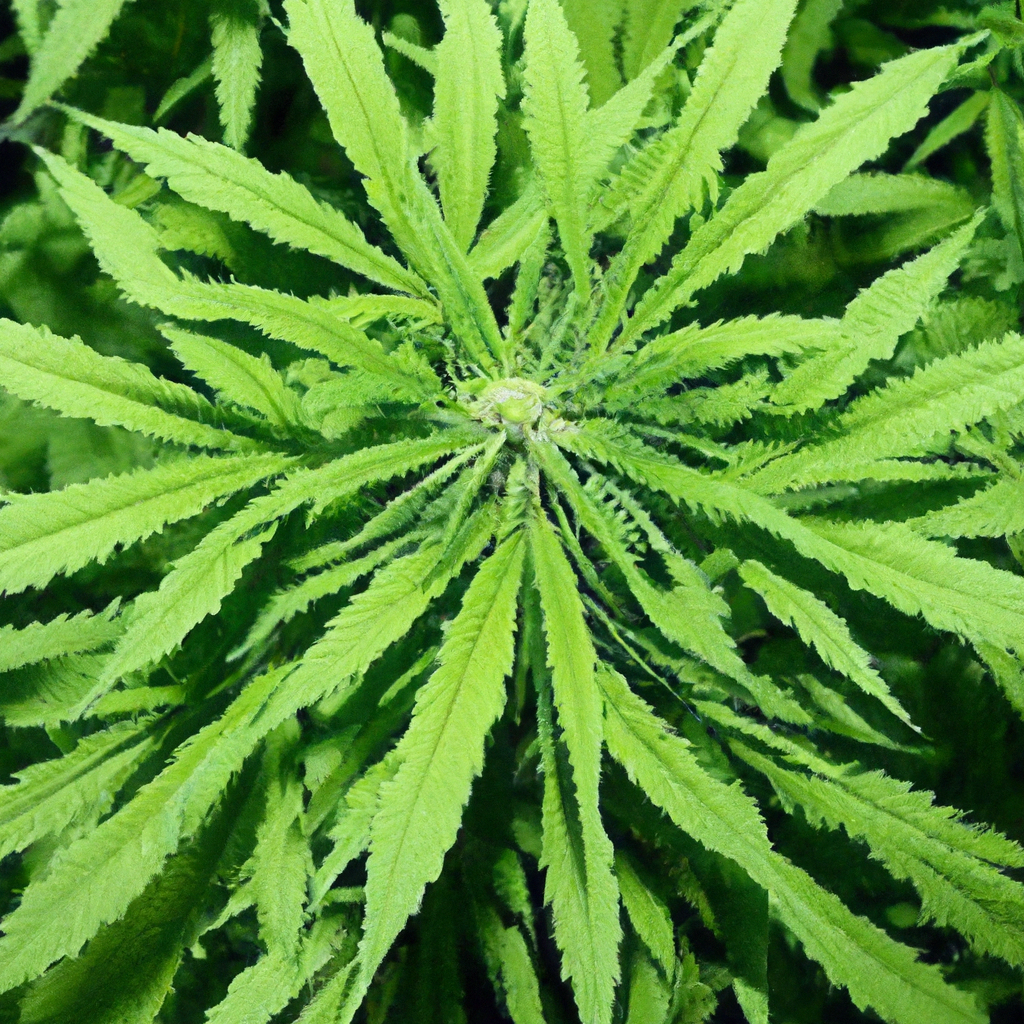
In the thriving realm of cannabis cultivation, organic methods are gaining traction for their environmental and quality benefits. These techniques foster healthy ecosystems through rich soil cultivation, natural fertilizers, and organic pest control, resulting in superior cannabis without synthetic additives. Organic growth enhances cannabinoid profiles and consumer health while minimizing ecological harm. Embracing this holistic…
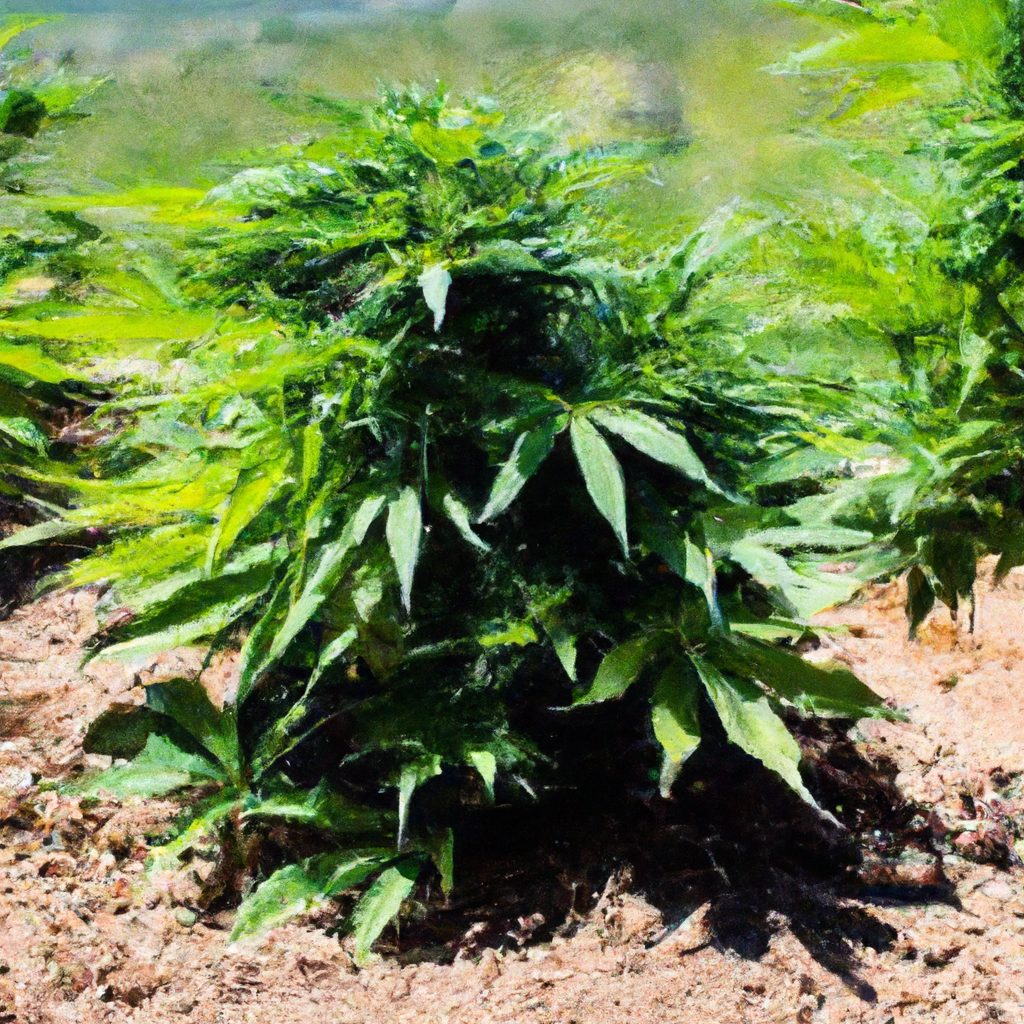
Organic cannabis cultivation emphasizes sustainable practices, focusing on soil health and natural methods to produce high-quality cannabis while preserving the environment. The process involves adopting a holistic approach that includes using organic matter for soil enrichment, natural fertilizers like compost teas, and integrated pest management strategies. Sustainable watering techniques and companion planting also play crucial…
